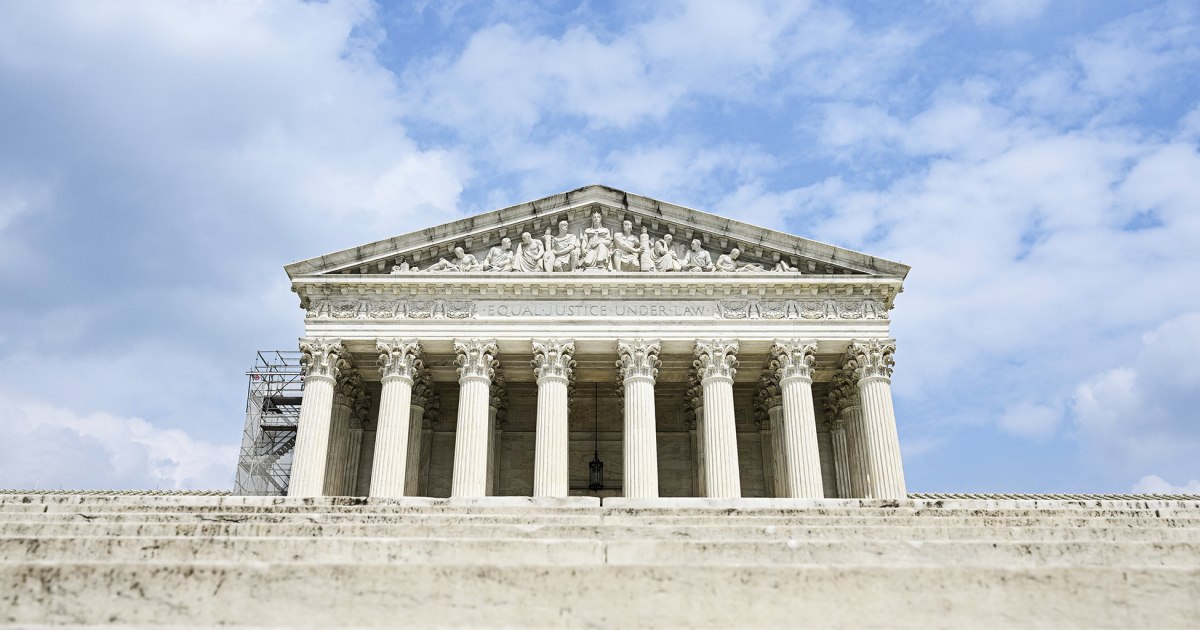Key takeaways:
- The Supreme Court heard arguments on Tuesday in a case challenging the Consumer Financial Protection Bureau’s (CFPB) funding mechanism.
- Both conservative and liberal justices seemed skeptical of the plaintiffs’ theory.
- The outcome of the case will have a significant impact on the CFPB’s ability to protect consumers from predatory lenders.
The Supreme Court heard arguments on Tuesday in the case of Community Financial Services Association of America v. CFPB, a challenge brought by two trade groups representing payday lenders. The groups are seeking to invalidate agency rulings negatively impacting the payday lending industry by challenging the agency’s funding mechanism.
The Consumer Financial Protection Bureau (CFPB) was established in 2010 to protect consumers from predatory financial practices. The agency is funded directly by the Federal Reserve, a mechanism that the plaintiffs argue is unconstitutional.
During the arguments, both conservative and liberal justices seemed skeptical of the plaintiffs’ theory. Justice Stephen Breyer noted that the CFPB’s funding structure is similar to other independent agencies, such as the Federal Trade Commission and the Securities and Exchange Commission.
The CFPB has been a target of the financial industry since its inception. The agency has issued regulations prohibiting illegal debits from consumer accounts and other predatory practices.
The outcome of the case will have a significant impact on the CFPB’s ability to protect consumers from predatory lenders and other unlawful financial services practices. A decision is expected later this year.



Be First to Comment